Tackling child trafficking: Let's start from our homes
Religious leaders are held in high esteem, especially at the grassroots level, and therefore have a strong influence on social norms, values and practices that protect children from abuse, exploitation and trafficking.
CHILD TRAFFICKING
KAMPALA - There now seems to be a general sense of appreciation among religious leaders for the need to rethink the concept of parenting if Uganda is to sufficiently tackle the touchy issue of child trafficking.
As a component of the broader phenomenon of trafficking, the vice is ubiquitous in many parts of the country, yet bringing it to an end remains mystifying.
On Wednesday, a group of interfaith leaders found out during an insightful dialogue with civil society organisations that the involvement of influential people like them could help turn the situation around.
"Imagine the degree of impact if you, as religious leaders, all came out in a collective voice and said ‘enough is enough!'," said Damon Wamara.
He is the country director of Dwelling Places - a Christian NGO that works with street-connected children - that organized the meeting held under recommended standard operating procedures at the Inter-Religious Council of Uganda (IRCU) office in Kampala.
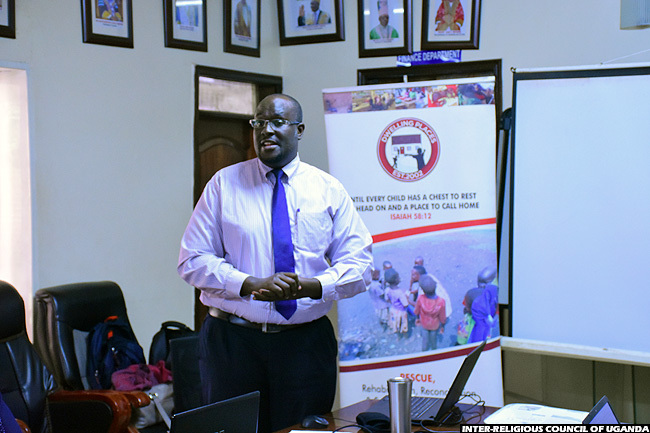
"One of the challenges is that some victims [of trafficking] do not understand that they are victims. Even when you tell them, they will ignore you," he added.
Meanwhile, there emerged a solid argument during the discussion that the problem seems to stem mainly from households.
"Our major work must be brought back to the family," said Rev. Canon William Ongeng, who is the provincial secretary of the Church of Uganda. "Do we put value in our children as parents, caregivers or as the people they depend on?"
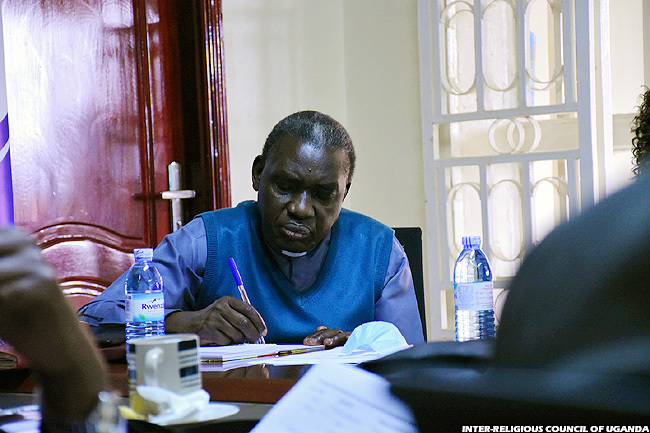
Annette Kirabira is the country director of Rahab Uganda, a Christian non-profit keen on helping girls affected by sexual exploitation and human trafficking. She pointed at a study that found that most victims of trafficking underwent child abuse when they were young.
Many of these individuals are understood to have endured this torture right in their own homes.
With the issue of dysfunctional or unhappy homes listed as one of the push factors of child trafficking, and now even worsened by the coronavirus lockdown, Kirabira warned that if we do not address it, "then we are going to lose it all".
Msgr. Charles Kasibante, who chairs the executive board of IRCU, agreed, pointing out that as religious leaders, their role in this anti-child trafficking campaign is clear.
"I see children on the streets every day. On cross-border trafficking, we can make the faithful aware that this is happening. And then we can go down to the families and emphasize the rethinking of parenting - that parents need to be there for their children," he said.
The former vicar general of Kampala Archdiocese feels that single parenting, which is very common today in Uganda, is one "great challenge" that breeds desperation, thereby also contributing to the trafficking problem.
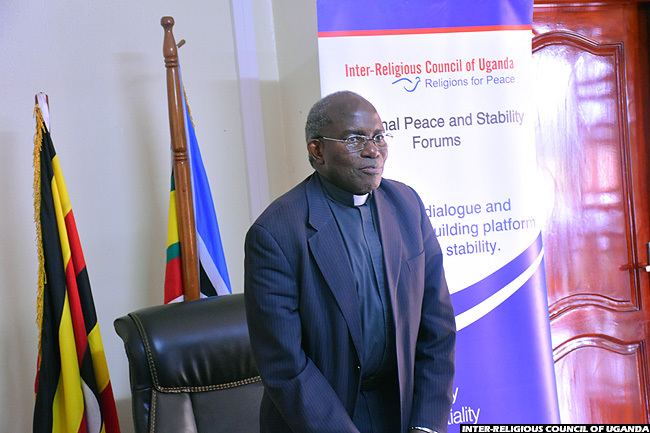
‘Street safer than home'
It is clear the trafficking enigma is a blend of varied dynamics.
"Ninety-nine per cent (99%) of children from the streets whom we have worked with have homes or families. But some families are not willing to take them back," weighed in Wamara.
"Some children say that they find the street safer than home. That breaks my heart. Are we doing enough?"
The organisers of the mid-week discourse felt that religious leaders are held in high esteem, especially at the grassroots level, and therefore have a strong influence on social norms, values and practices that protect children from abuse, exploitation and trafficking.
And awareness is a key ingredient in this course of change.
"The impact can be felt at the grassroots. We only have to find a way of how this information can be disseminated," said Msgr. Kasibante.
A global headache
This is not a problem unique to Uganda.
Globally, there are around 20 to 40 million victims of trafficking and 30% of these are children. Experts believe that the interconnectedness of trafficking - within a country or across borders - makes it even harder to defeat.
"There is no region that has been spared," underlined Kirabira of Rahab Uganda.
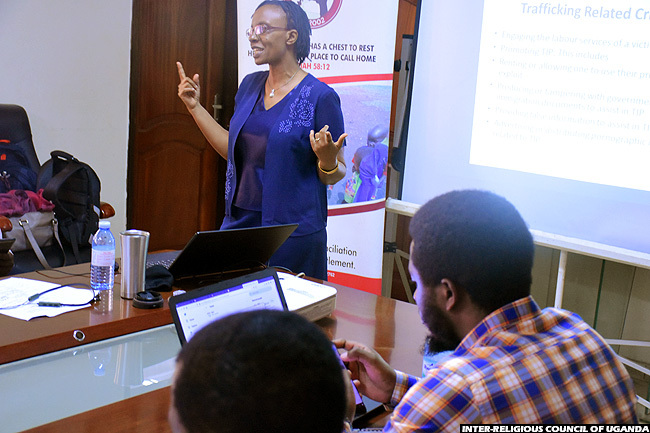
Uganda is a source, transit and destination country for men, women and children trafficked for forced labour and sexual exploitation. Within the country, Napak district in the north east is the major source of children trafficked and the capital Kampala is the main receiver of victims.
Karimojong women and children, in particular, have been reported to be sold in cattle markets or by intermediaries. Many are said to be forced into domestic servitude, sexual exploitation and begging.
In 2018, as many as 286 incidents related to trafficking in persons were registered, with most of them transnational in nature and involving adults. The following year, data showed that most of the recorded internal trafficking incidents involved children - 73 girls and 42 boys.
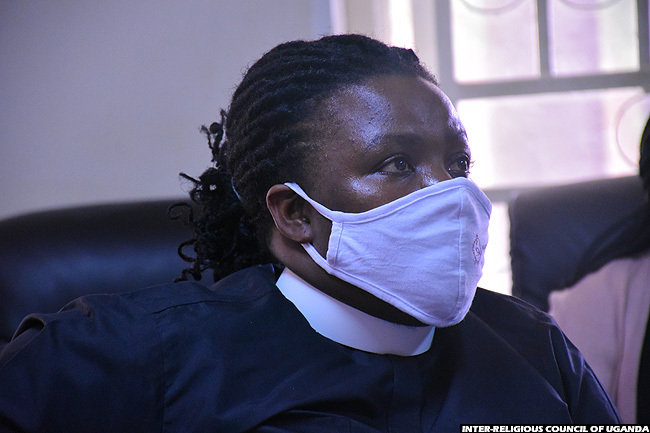
So why is human trafficking a tricky puzzle to solve?
There are many reasons, but from Wednesday's dialogue, one of them stands out.
"I want to dispel the notion that all traffickers are in a hurry," said Kirabira who constantly interfaces with victims of trafficking and sexual exploitation.
"Not all traffickers are in a hurry. They can groom their target victims for years. Traffickers establish an emotional connection with them. A trafficker will sell you any dream that you may want."
The Rahab Uganda country director explained that with time, some victims are said to even develop an unusual bond with their abusers (Stockholm Syndrome), bolstered by a deceptive sense of security - a bond so strong that they will not wish to opt out, even if it is for their own good.
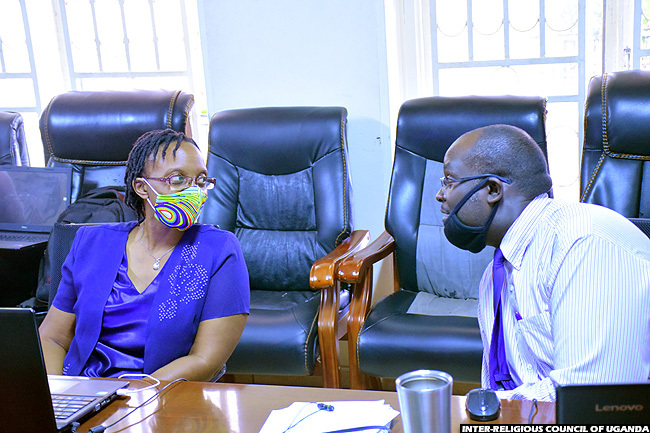
Victims grapple with even worse consequences.
It is understood that treating victims of trafficking, especially those that have been sexually abused, is very expensive, with some actually needing "a miracle" to come out alive.
While some develop chronic back pain, fear and anxiety, others are plunged into an abyss of depression and mood swings. Post-traumatic stress disorder and multiple personality disorder are also a grim reality.
In all this, though, we can get involved in curbing human trafficking.
It can be either through holding prevention campaigns to sensitize and create public awareness or by ensuring safer and stable homes, and keeping children longer in school. Advocacy, trauma-informed services and forming collaborations can also help.
Religious leaders have a significant role to play in especially shifting the socio-cultural paradigm on family and children matters.
Government is equally important. Andrew Lugoloobi, the secretary general and auxiliary bishop of Kampala of the Born Again Faith, said Uganda needs to ratify the Palermo Protocol on trafficking in persons.
And drawing her pun from the biblical Book of Acts, Carol Bunga Idembe, the manager of peace, justice and governance at IRCU, said now is the time for all stakeholders to act.
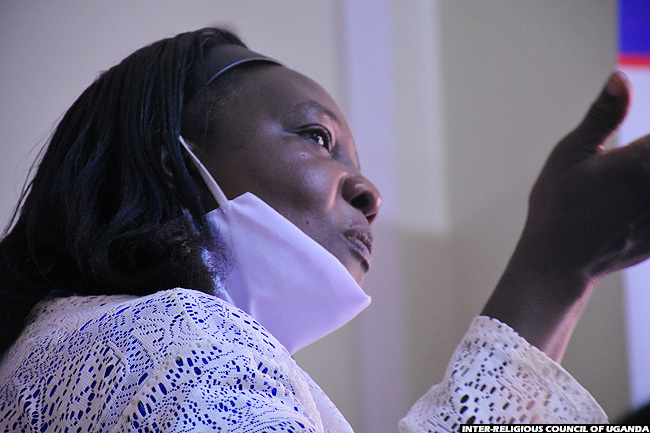
James Tumushabe Yesiga, the country manager of Terre des Hommes (which supports Dwelling Places) voiced the need for actors to push the State to become "visible in the affairs of its people".
Urging religious leaders to rise to the occasion, Tumushabe assured that "as TDH, we are ready and willing to put resources into the work".
"Let this conversation [between religious leaders and CSOs] continue (…) I want to appeal to you that there is so much we can do and I pray that you get that wisdom and discernment that you can actually do it."
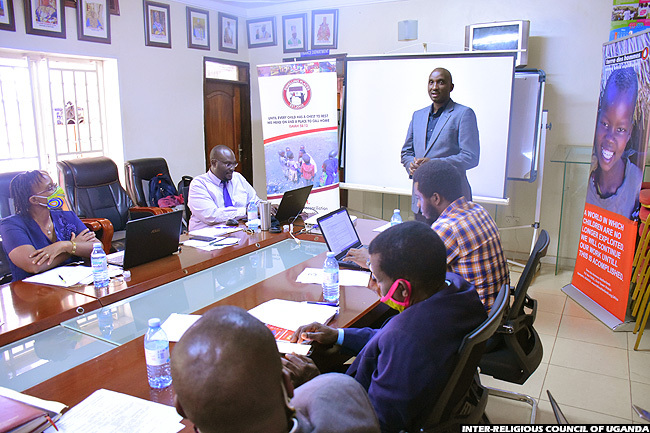
Other leaders who attended the dialogue are Mark Wamala, the general secretary of National Alliance of Pentecostal and Evangelical Churches of Uganda (NAPECU); Rev. Lovincer Katana of the Uganda Youth Inter-Faith Network (also assistant chaplain at Uganda Christian University); Kiggundu Frank, the secretary and treasurer of the Seventh Day Adventist Church Uganda Union; Fr. Frederick Tusingire from the Uganda Episcopal Conference, Lay Apostolate Department of Trafficking in Persons; and Florence Nassanga Musoke, the chairperson of Uganda Women of Faith Network at IRCU.